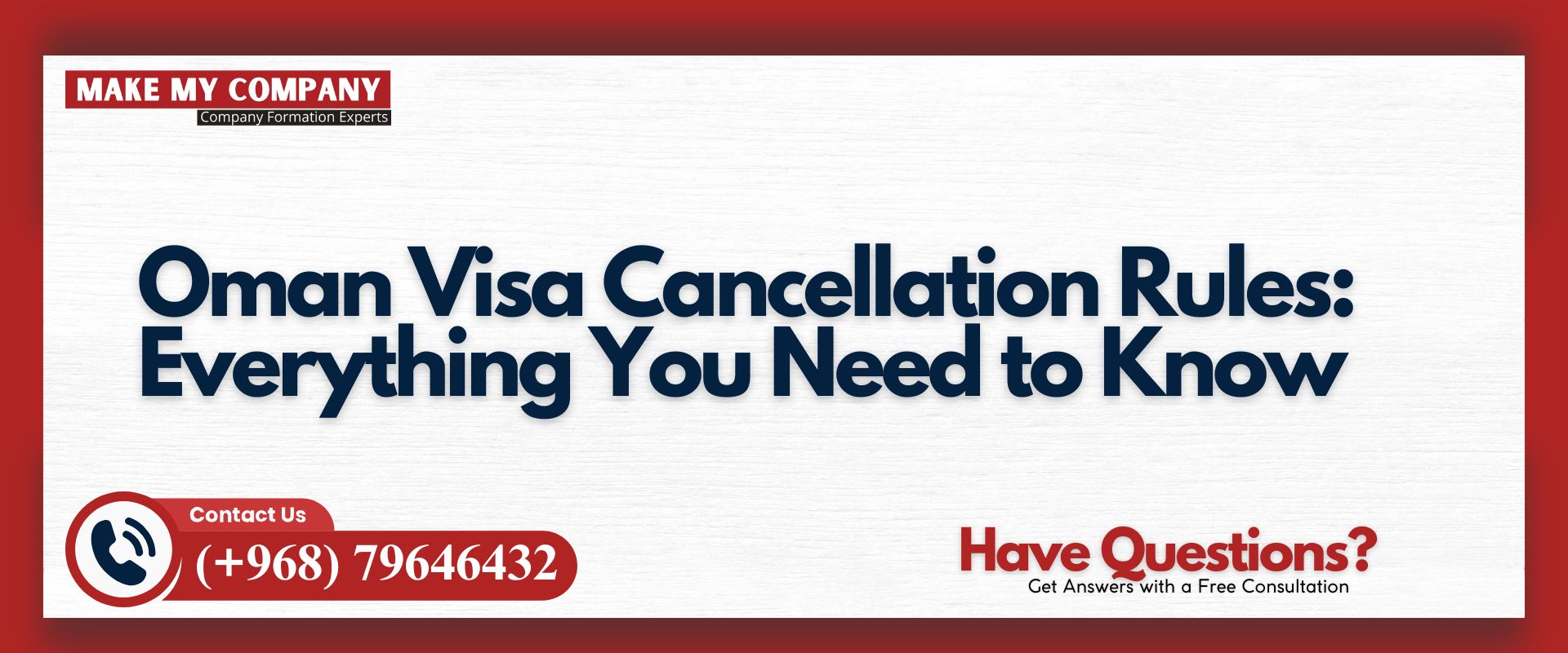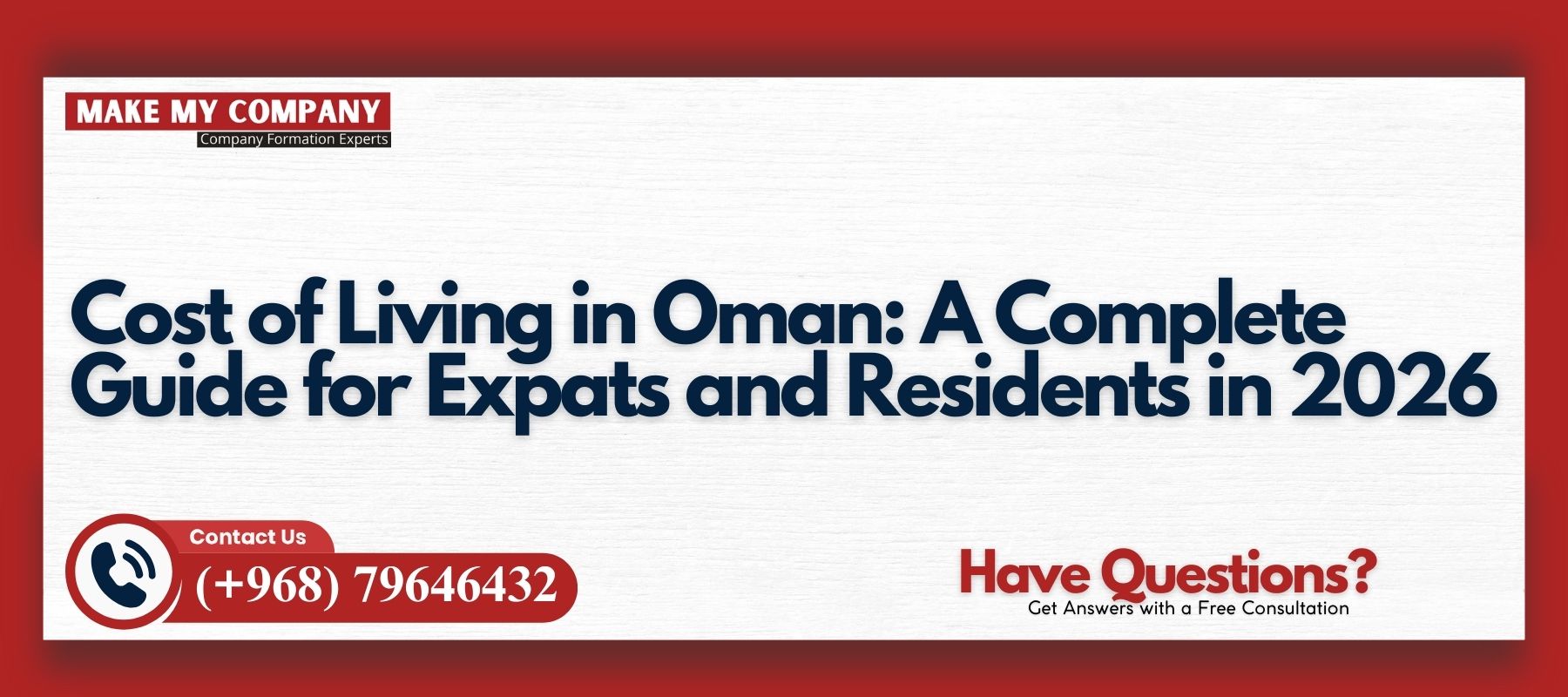The Sultanate of Oman has emerged as an attractive destination for foreign real estate investment, offering unique opportunities for international investors seeking to diversify their property portfolios in the Gulf region. Foreign ownership of real estate in Oman presents compelling advantages through progressive legislation, strategic location, and growing economic diversification that positions the country as a premier investment destination.
Oman’s real estate market has experienced significant transformation in recent years, with government initiatives designed to attract foreign investment and stimulate economic growth beyond traditional oil revenues. The property ownership laws have been carefully crafted to balance foreign investor interests with national development objectives, creating a framework that benefits both international buyers and the local economy.
Legal Framework for Foreign Property Ownership
Understanding the legal structure governing foreign real estate ownership in Oman requires comprehensive knowledge of current legislation, ownership restrictions, and investment regulations. The Foreign Capital Investment Law and subsequent amendments have established clear guidelines for international investors seeking to acquire residential properties, commercial real estate, and investment properties within designated areas.
Permitted Ownership Areas and Restrictions
Foreign nationals can legally own freehold properties in specific designated areas known as Integrated Tourism Complexes (ITCs) and certain residential developments approved by the government. These ownership zones include luxury resort areas, planned communities, and strategic development projects that align with Oman’s Vision 2040 economic diversification goals.
The ownership restrictions primarily focus on location rather than property type, with foreigners permitted to own apartments, villas, townhouses, and commercial units within approved developments. However, agricultural land, properties in military zones, and certain coastal areas remain restricted to Omani nationals only.
Legal Documentation and Title Transfer
The property registration process requires comprehensive legal documentation including sales agreements, title deeds, and ownership certificates processed through the Ministry of Housing and Urban Planning. Foreign buyers must ensure all documentation complies with Omani law and includes proper legal verification of ownership rights.
Title transfer procedures involve multiple stakeholders including real estate developers, legal representatives, and government authorities. The process typically requires deposit payments, final settlement, and registration fees calculated based on property value and transaction complexity.
Investment Compliance Requirements
Foreign investors must demonstrate financial capability and comply with anti-money laundering regulations throughout the property acquisition process. The requirements include proof of funds, bank statements, and source of income documentation that satisfies regulatory authorities and ensures transparent transactions.
Compliance procedures also encompass tax obligations, residency requirements, and ongoing reporting responsibilities for foreign property owners. Understanding these requirements prevents legal complications and ensures smooth property ownership experiences for international investors.
Types of Properties Available to Foreign Investors
Oman’s real estate market offers diverse property types suitable for various investment strategies and lifestyle preferences. The foreign ownership framework accommodates different investor profiles, from luxury vacation home buyers to commercial real estate investors seeking rental income opportunities in strategic locations.
Residential Property Options
Luxury villas and premium apartments dominate the foreign-owned residential market, with developments featuring modern amenities, security services, and community facilities. These residential properties typically offer sea views, golf course access, and resort-style living that appeals to international buyers seeking vacation homes or permanent residences.
Townhouse developments and apartment complexes provide more affordable entry points for foreign investment, with shared facilities and managed services that reduce maintenance responsibilities for overseas property owners. These options suit investors prioritizing rental potential and capital appreciation over luxury features.
Serviced apartments and hotel residences offer unique investment opportunities combining property ownership with hospitality management, generating rental income through short-term lettings and tourist accommodation services managed by professional operators.
Commercial Real Estate Opportunities
Commercial properties available to foreign investors include office spaces, retail units, and warehouse facilities within approved business districts and free zones. These investment properties benefit from Oman’s growing economy and increasing business activities across various sectors.
Mixed-use developments combining residential and commercial elements provide diversified investment portfolios within single projects. These developments often feature retail outlets, restaurants, offices, and residential units that create multiple income streams for investors.
Tourism-related properties such as hotel apartments, resort units, and vacation rentals capitalize on Oman’s growing tourism sector and government initiatives to increase international visitor numbers through infrastructure development and marketing campaigns.
Investment Benefits and Opportunities
Foreign real estate investment in Oman offers numerous financial advantages and strategic benefits that make it attractive compared to other regional markets. The combination of tax incentives, rental yields, and capital appreciation potential creates compelling investment propositions for international buyers.
Tax Advantages and Financial Benefits
Oman’s tax structure for property ownership remains relatively favorable, with no annual property taxes and minimal transaction costs compared to many international markets. Foreign investors benefit from capital gains exemptions on primary residences and competitive rental income taxation rates.
Currency stability and government economic policies provide investment security for foreign property owners concerned about exchange rate fluctuations and political stability. The Omani Rial’s peg to the US Dollar offers predictable returns for international investors.
Financing options through local banks and international lenders enable foreign buyers to leverage investments and maximize purchasing power. Many financial institutions offer competitive mortgage rates and flexible repayment terms for qualified foreign applicants.
Rental Market and Income Potential
The rental market in Oman demonstrates strong demand for quality properties in prime locations, particularly from expatriate professionals, business executives, and corporate housing requirements. Rental yields typically range from 5-8% annually depending on property type, location, and market conditions.
Short-term rental opportunities through vacation rental platforms provide additional income streams for property owners in tourist destinations and business centers. These rental strategies can significantly enhance overall returns during peak seasons and business travel periods.
Property management services available from professional companies handle tenant relations, maintenance issues, and rental collection, making overseas property ownership more manageable for foreign investors residing outside Oman.
Market Trends and Growth Prospects
Oman’s real estate market continues evolving through government initiatives, infrastructure development, and economic diversification programs that enhance property values and investment attractiveness. Market analysis indicates positive growth trends supported by population growth, urbanization, and foreign investment policies.
Infrastructure Development Impact
Major infrastructure projects including new airports, highways, ports, and tourism facilities significantly impact property values in surrounding areas. The National Railway Project, Duqm Special Economic Zone, and NEOM connectivity create long-term appreciation potential for strategically located properties.
Smart city initiatives and sustainable development projects align with global trends toward environmentally conscious and technology-integrated communities. These developments attract premium pricing and higher demand from quality-conscious international buyers.
Tourism infrastructure expansion through new hotels, entertainment facilities, and cultural attractions enhances rental demand and property values in tourism-focused developments. The government’s target of 11 million tourists by 2040 supports positive market fundamentals.
Economic Diversification Benefits
Oman’s Vision 2040 strategy emphasizes economic diversification away from oil dependency toward tourism, logistics, manufacturing, and financial services. This economic transformation creates employment opportunities and residential demand that supports property market growth.
Foreign direct investment initiatives and business-friendly policies attract international companies establishing regional operations in Oman. These corporate activities generate demand for commercial properties and executive housing that benefits foreign property investors.
Free zone developments and special economic zones offer additional investment opportunities while creating employment centers that drive residential demand in surrounding areas. These strategic developments enhance long-term investment prospects for real estate investors.
Investment Process and Procedures
Successfully navigating the property acquisition process requires understanding legal procedures, financial requirements, and timeline expectations for foreign real estate purchases in Oman. Professional guidance from local experts ensures smooth transactions and compliance with all regulatory requirements.
Due Diligence and Property Selection
Property research should encompass location analysis, developer reputation, market comparisons, and legal verification of ownership rights and development approvals. Foreign investors benefit from professional real estate services that provide market insights and investment advice.
Physical inspections and technical surveys help identify potential issues and maintenance requirements that affect property values and ongoing costs. Professional inspections by qualified surveyors provide detailed reports on structural conditions and compliance standards.
Financial analysis including purchase costs, ongoing expenses, rental potential, and exit strategies enables informed investment decisions. Comparative market analysis helps foreign buyers understand fair pricing and negotiation opportunities.
Legal and Financial Procedures
Legal representation through qualified Omani lawyers ensures proper documentation, contract review, and compliance with local regulations. Legal fees typically range from 1-2% of property value but provide essential protection for foreign investors.
Banking procedures for fund transfers, mortgage applications, and account opening require advance planning and documentation preparation. International wire transfers must comply with anti-money laundering regulations and source of funds verification.
Property registration and title transfer completion typically occurs within 30-60 days of contract signing, depending on development status and documentation completeness. Registration fees and government charges add approximately 2-3% to total acquisition costs.
Conclusion
Foreign ownership of real estate in Oman presents exceptional opportunities for international investors seeking diversified portfolios, rental income, and long-term capital appreciation in a stable and growing market. The combination of progressive legislation, strategic location, tax advantages, and economic diversification initiatives creates compelling investment fundamentals for overseas property buyers.
The real estate market continues benefiting from government support, infrastructure development, and tourism growth that enhance property values and rental demand across residential and commercial sectors. Foreign investors who understand legal requirements, market dynamics, and investment procedures can successfully capitalize on these opportunities while contributing to Oman’s economic development.
For investors considering broader business opportunities, understanding real estate investment regulations provides valuable insights into the country’s investment climate and can complement other business setup in Oman initiatives across various economic sectors and commercial activities.
Frequently Asked Questions (FAQs)
Can foreign nationals own property anywhere in Oman?
No, foreign ownership is restricted to designated areas including Integrated Tourism Complexes (ITCs) and approved residential developments. Foreign buyers cannot purchase agricultural land, properties in military zones, or certain coastal areas reserved for Omani nationals. Always verify ownership permissions for specific locations before making investment decisions.
What are the typical costs associated with buying property as a foreigner in Oman?
Total acquisition costs typically include property price, legal fees (1-2% of value), registration fees (2-3% of value), real estate agent commissions, and survey costs. Foreign buyers should budget approximately 5-7% of property value for transaction costs beyond the purchase price.
Do foreign property owners need to pay annual property taxes in Oman?
Oman does not impose annual property taxes on residential properties, making it attractive for long-term investment. However, foreign owners may be subject to rental income tax if they lease their properties and must comply with tax reporting requirements for commercial properties.
Can foreign property owners obtain residence visas in Oman?
Property ownership alone does not automatically qualify foreign nationals for residence visas. However, significant property investments may support investor visa applications under certain circumstances. Visa requirements depend on nationality, investment amount, and specific visa categories available to foreign investors.
What financing options are available for foreign property buyers?
Several Omani banks and international lenders offer mortgage financing to qualified foreign buyers. Loan-to-value ratios typically range from 70-80% with competitive interest rates. Foreign applicants must demonstrate stable income, creditworthiness, and meet bank-specific criteria for mortgage approval.
How stable is the Omani real estate market for foreign investment?
The Omani real estate market demonstrates relative stability supported by government economic policies, infrastructure development, and currency stability. While market fluctuations occur, long-term trends remain positive due to economic diversification, population growth, and increasing foreign investment in various economic sectors.
Can foreign-owned properties be inherited by non-Omani family members?
Yes, foreign-owned properties in designated areas can be inherited by non-Omani family members according to inheritance laws and property ownership regulations. However, inheritance procedures require legal documentation and compliance with both Omani law and international inheritance regulations depending on the deceased’s nationality.









